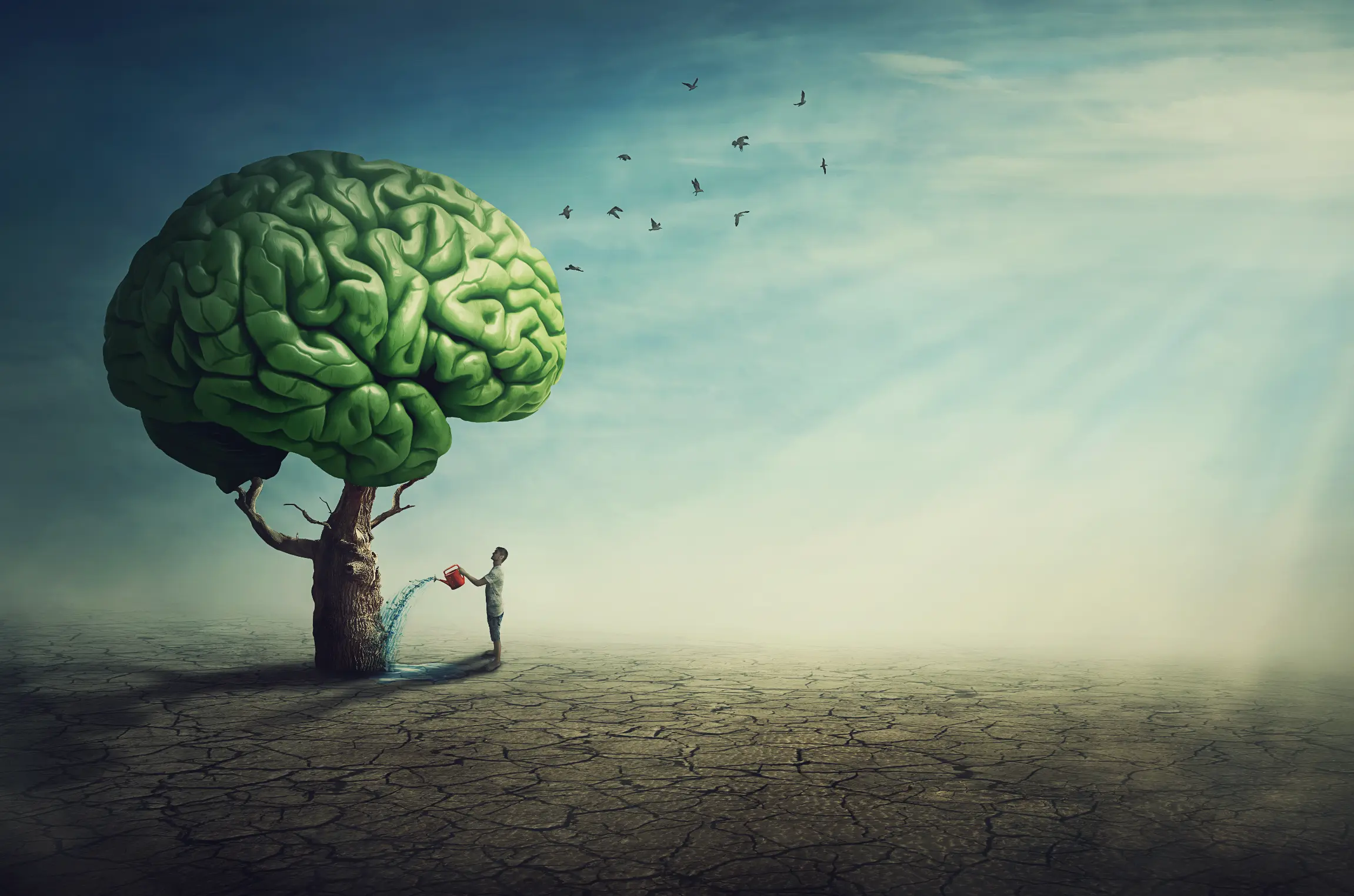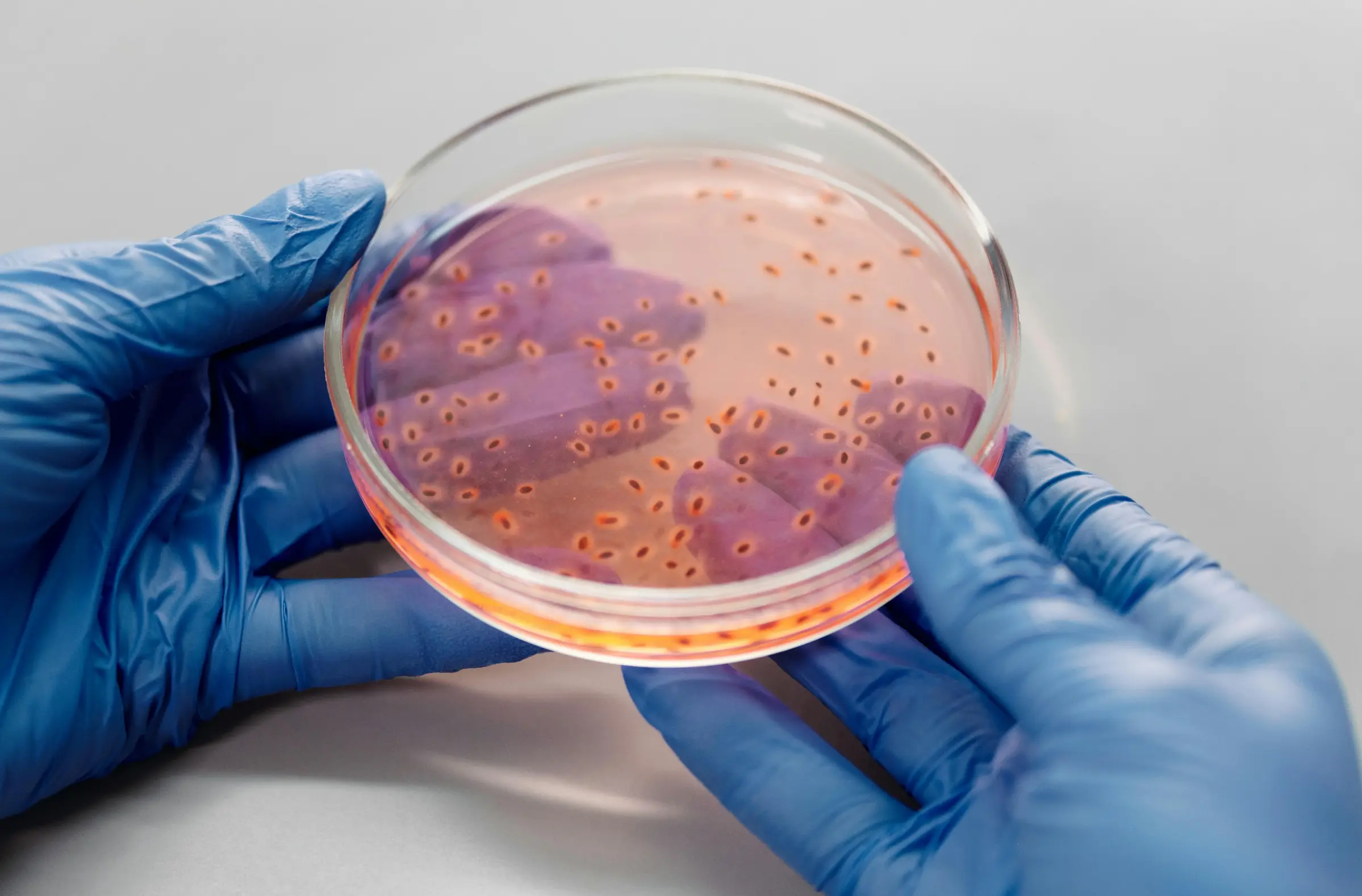How Iodine Affects Your Thyroid and Health
Did you know that iodine is essential for your thyroid function and your overall health?

Introduction
Iodine is an essential mineral that plays a central role in thyroid function and hormone production. Despite its importance, many people do not get enough iodine, which can affect energy, metabolism and general well-being.
In this article, you will learn everything you need to know about the role of iodine in the body, what health problems can occur in case of deficiency, and how to ensure an adequate intake.
What is iodine and why is it important?
The role of iodine in the body
Iodine is a trace element that the body needs to produce the thyroid hormones thyroxine (T4) and triiodothyronine (T3).
These hormones regulate several important functions, including metabolism, energy levels, and growth. Without enough iodine, the thyroid gland cannot function optimally, which can lead to an imbalance in the body.
The thyroid hormones produced with the help of iodine have several important functions:
- Regulation of metabolism “Thyroid hormones control how the body converts food into energy.
- Growth and development “Iodine is essential for normal growth in children and fetal development.
- Cognitive function “Iodine deficiency during pregnancy can affect brain development and intelligence in children.
- Temperature control — Iodine helps maintain a stable body temperature.
Common symptoms of iodine deficiency
Lack of iodine can lead to several health problems, some of which can be subtle while others can become serious if not addressed. Some of the most common symptoms include:
- Fatigue and low energy — Because the thyroid regulates Metabolism iodine deficiency can lead to a feeling of constant fatigue and low energy.
- Dry skin and hair loss “Low levels of thyroid hormones can affect the health of the skin and hair, which can lead to dryness and hair loss.
- Swelling of the throat (goiter) “If the thyroid gland becomes enlarged due to iodine deficiency, it can lead to a visible swelling of the throat.
- Difficulty concentrating and brain fog “Iodine deficiency can affect brain function and lead to problems with focus and memory.
How Iodine Affects Your Thyroid
Thyroid function and iodine
The thyroid gland is a small organ in the throat that produces hormones that regulate the body's metabolism. In order to do this, the thyroid gland needs iodine.
If you ingest too little iodine, the thyroid gland can become enlarged in an attempt to compensate, which can result in goiter.
How much iodine do you need?
The recommended daily intake of iodine varies depending on age and gender:
- grownups: 150 micrograms per day
- Pregnant: 220-250 micrograms per day
- Breastfeeding women: 250-290 micrograms per day
- Children: 90-120 micrograms per day
Sources of iodine in your diet
Natural foods rich in iodine
To ensure that you are getting enough iodine, you can include the following foods in your diet:
- Seafood (e.g. cod, salmon and prawns)
- Dairy products (e.g. milk and yogurt)
- Eggs
- Iodized table salt
Practical Tips for Getting Enough Iodine
- Use iodized salt in cooking.
- Eat fish and seafood at least twice a week.
- Choose products that are enriched with iodine, such as some types of dairy.
- Consider taking a dietary supplement if you suspect that you are not getting enough.
Summary
Iodine is a crucial building block for your thyroid gland and your overall health. By eating a balanced diet and being aware of your iodine sources, you can ensure that your body is functioning properly.
Iodine deficiency can have serious consequences, but by making small adjustments to your diet, you can avoid this and strengthen your health in the long term.











